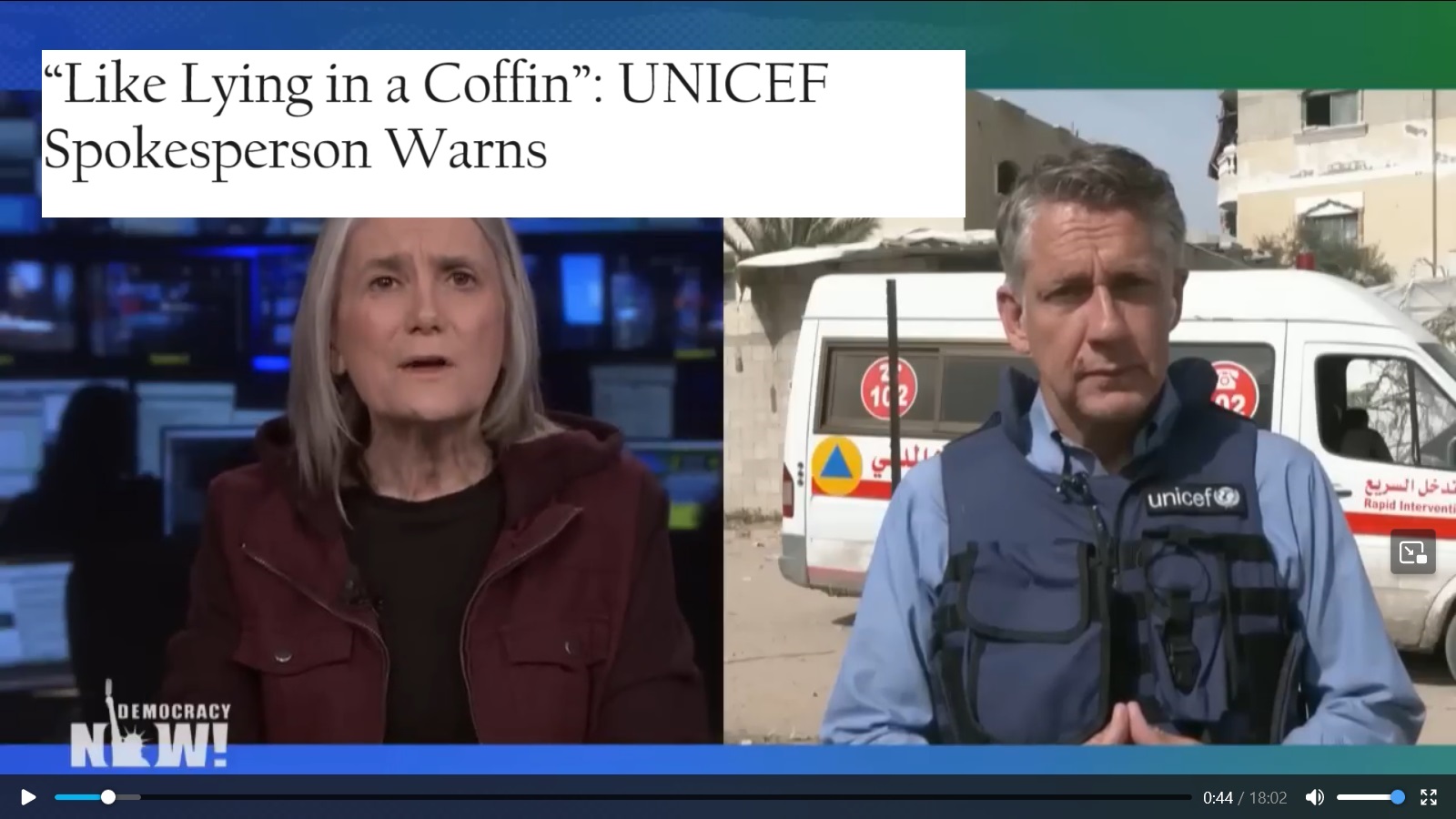Warning: 1-in-3 chance that S&P will lower AAA rating on U.S. debt
 Tuesday, April 19, 2011 at 12:51PM
Tuesday, April 19, 2011 at 12:51PM An unexpected warning about America's soaring debt jolted financial markets and threatens wider consequences for the U.S. economy, even as a new sense of realism emerges in the stalemate between President Obama and congressional Republicans over fiscal policy.
The shot across the government's bow came from Standard & Poor's, a leading credit rating firm, which served notice that there was a 1-in-3 chance that it would lower the now-sterling AAA rating on U.S. debt in the next two years.
The mere prospect of such a downgrade, which until recently was considered unthinkable, could drive most U.S. interest rates higher, imposing new strains on consumers and the still-fragile economic recovery.
S&P said it still considered the U.S. to be worthy of the highest credit rating, but that failure to address mounting budget deficits by 2013 would leave the country's finances "meaningfully weaker" than those of other AAA-rated nations, such as Germany and Singapore.
Because of that risk, S&P reduced its outlook for the U.S. rating to "negative" from "stable." Changing the outlook often is a first step toward cutting a rating.
Click to read more...















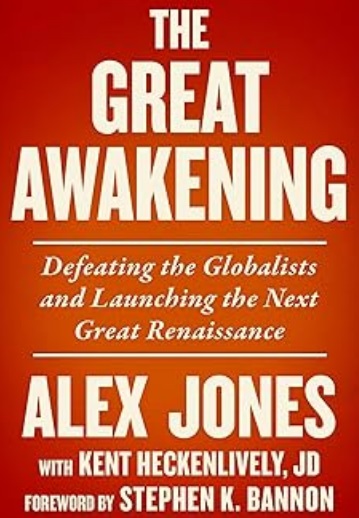



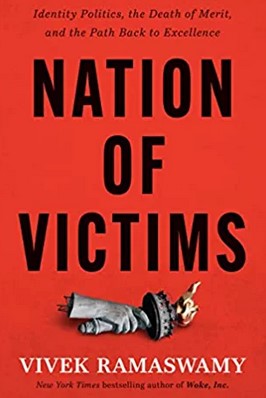
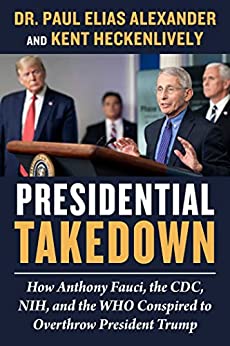

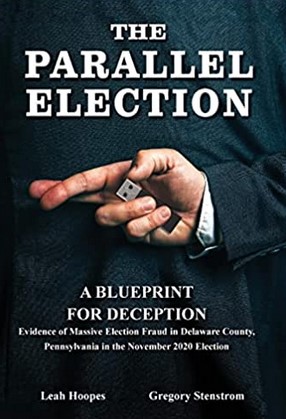


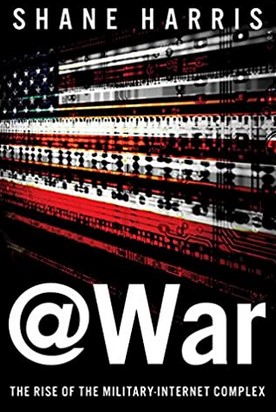




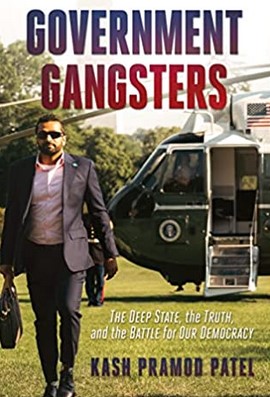
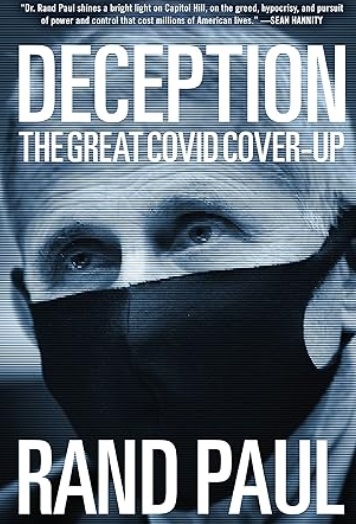










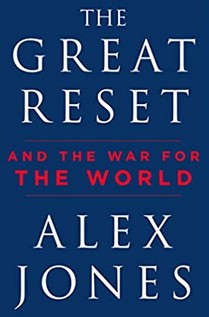
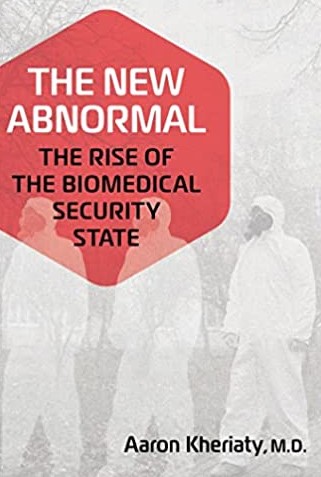


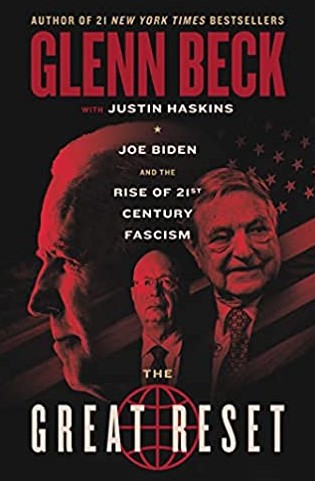






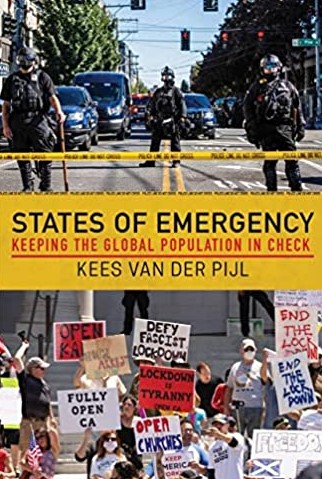

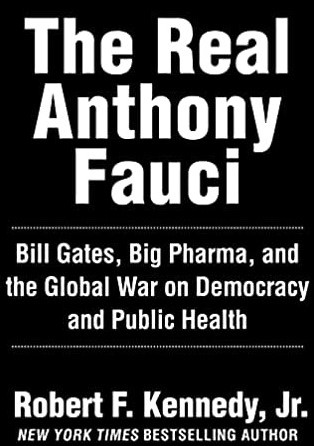


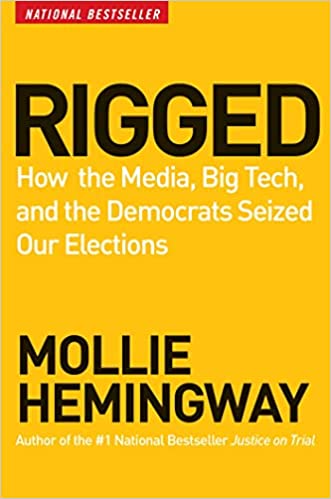








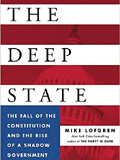
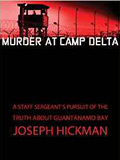
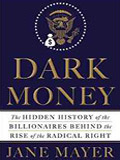


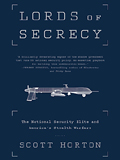







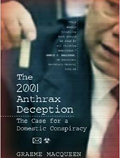


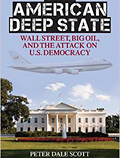

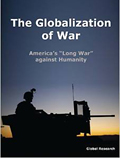
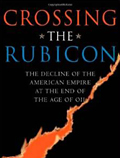
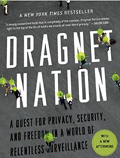




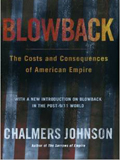




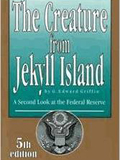





 Plans to exploit Iraq's oil reserves were discussed by government ministers and the world's largest oil companies the year before Britain took a leading role in invading Iraq, government documents show.
Plans to exploit Iraq's oil reserves were discussed by government ministers and the world's largest oil companies the year before Britain took a leading role in invading Iraq, government documents show.  Nuclear fuel has melted in three reactors at Japan's Fukushima Daiichi nuclear power plant and fallen to the lower sections of their container vessels, raising the specter of overheated material compromising a container and causing a massive radiation release, the Atomic Energy Society of Japan said in a report released on Friday (see
Nuclear fuel has melted in three reactors at Japan's Fukushima Daiichi nuclear power plant and fallen to the lower sections of their container vessels, raising the specter of overheated material compromising a container and causing a massive radiation release, the Atomic Energy Society of Japan said in a report released on Friday (see 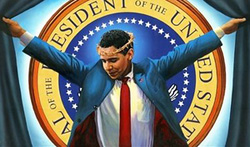 What if everything we think we know about the president's political position is wrong? That's what I think became clear this week.
What if everything we think we know about the president's political position is wrong? That's what I think became clear this week. It is a question asked repeatedly across America: why, in the aftermath of a financial mess that generated hundreds of billions in losses, have no high-profile participants in the disaster been prosecuted?
It is a question asked repeatedly across America: why, in the aftermath of a financial mess that generated hundreds of billions in losses, have no high-profile participants in the disaster been prosecuted?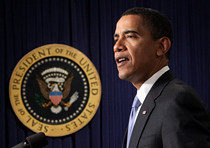 Did someone move the 2012 election to June 1? We ask because President Obama's extraordinary response to Paul Ryan's budget yesterday—with its blistering partisanship and multiple distortions—was the kind Presidents usually outsource to some junior lieutenant. Mr. Obama's fundamentally political document would have been unusual even for a Vice President in the fervor of a campaign.
Did someone move the 2012 election to June 1? We ask because President Obama's extraordinary response to Paul Ryan's budget yesterday—with its blistering partisanship and multiple distortions—was the kind Presidents usually outsource to some junior lieutenant. Mr. Obama's fundamentally political document would have been unusual even for a Vice President in the fervor of a campaign. Private Bradley Manning's Welsh mother, Susan Manning, has written a letter to British Foreign Secretary William Hague, expressing grave concerns over the health of her 23-year-old son, the Guardian reported on Wednesday.
Private Bradley Manning's Welsh mother, Susan Manning, has written a letter to British Foreign Secretary William Hague, expressing grave concerns over the health of her 23-year-old son, the Guardian reported on Wednesday.  WASHINGTON —
WASHINGTON — 